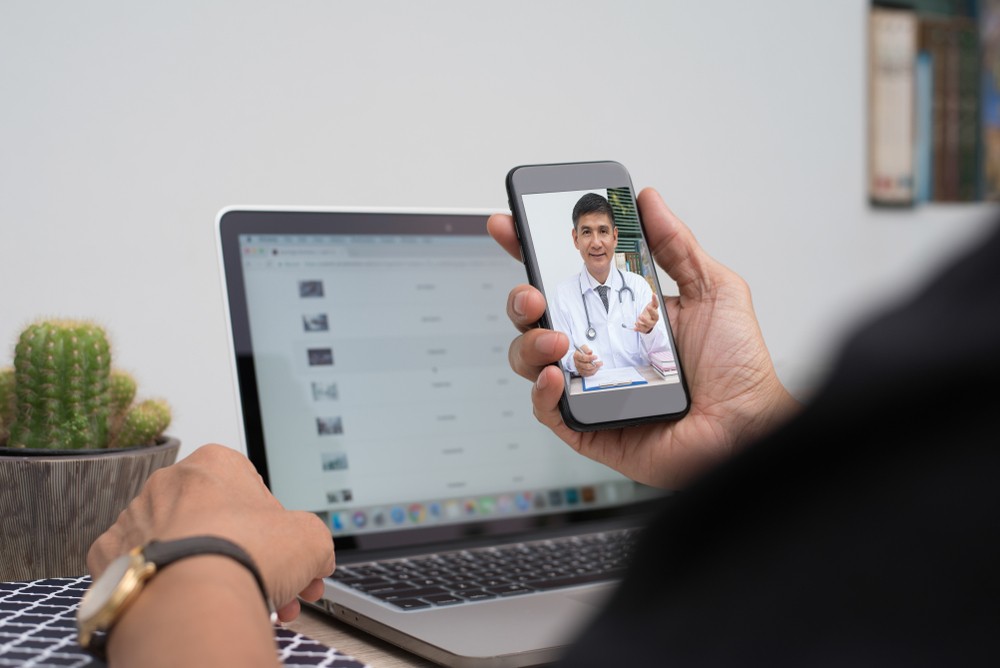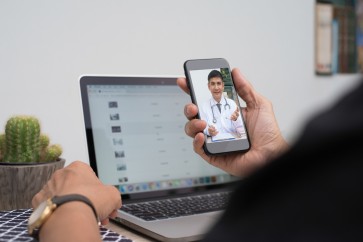Popular Reads
Top Results
Can't find what you're looking for?
View all search resultsPopular Reads
Top Results
Can't find what you're looking for?
View all search resultsMedical education 4.0
The “fourth industrial revolution” has started to disrupt the Indonesian healthcare system. It was never imagined before that hundreds of doctors in Indonesia would provide consultations to patients or “consumers” in different ways.
Change text size
Gift Premium Articles
to Anyone
T
he “fourth industrial revolution” has started to disrupt the Indonesian healthcare system. It was never imagined before that hundreds of doctors in Indonesia would provide consultations to patients or “consumers” in different ways. Many patients no longer visit doctors. Consultations and therapeutic communications can be done online through cell phones. Interestingly, doctors receive compensation not from a hospital, but from a start-up company listed as a digital enterprise, not a healthcare provider. It is estimated that such enterprises would continue to grow.
This innovation has ethical, legal and social implications. These include those for medical education institutions responsible for producing thousands of new doctors on various campuses in Indonesia each year.
Today’s medical students are native citizens of the digital era and are thus social media savvy, leaving lecturers far behind. Many campuses have implemented electronic learning (e-learning).
The status quo assumes humans will always be able to adapt in a changing environment. However, today’s medical education may not be sufficiently preparing students with adequate competencies. The doctors of yesterday could be eliminated from the Industry 4.0 arena.


















